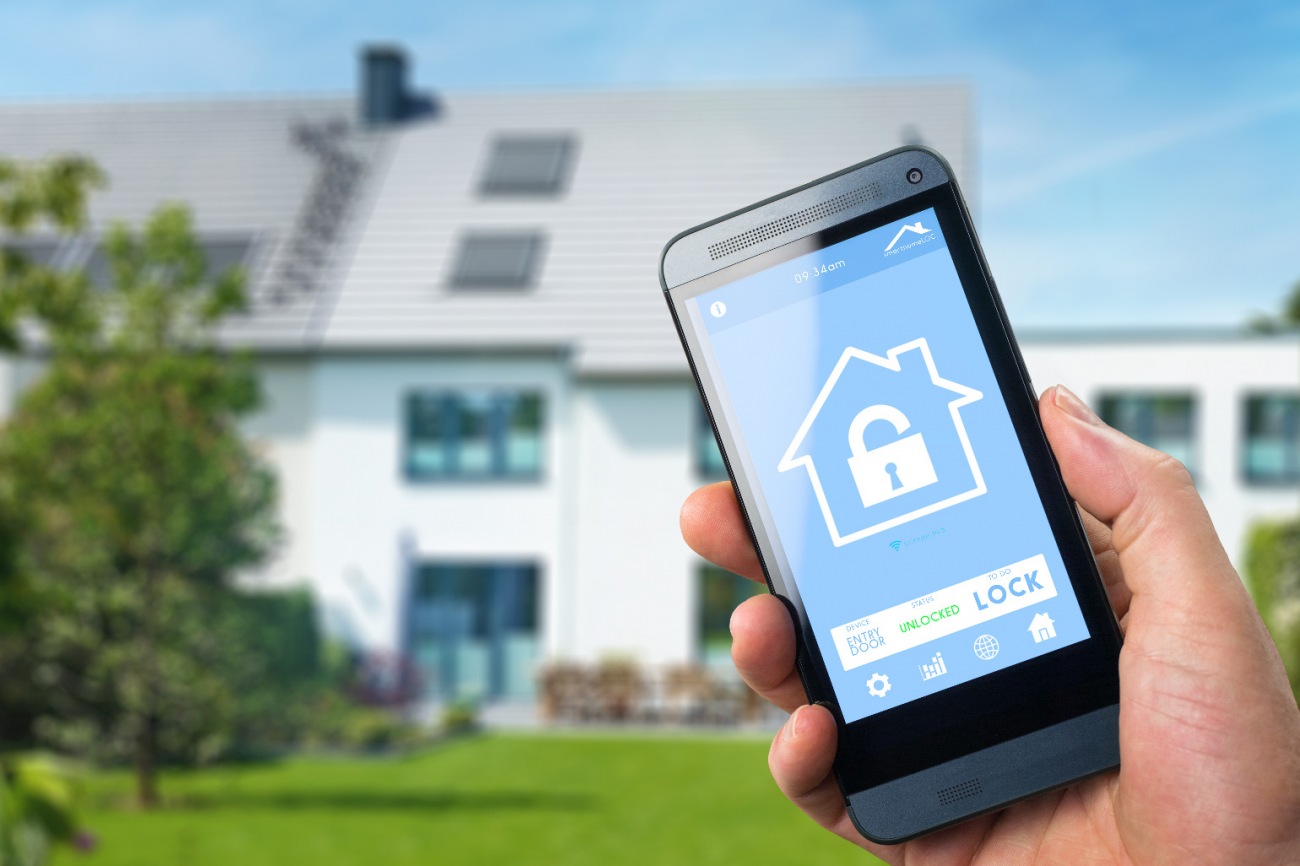In today's rapidly evolving technological landscape, the concept of a 'smart home' is no longer a futuristic visionit's a reality for many homeowners and businesses. However, with the convenience and innovation of smart homes come pressing smart home privacy concerns. As more devices connect to the internet and to each other, the potential for data breaches and privacy violations increases significantly. Understanding these concerns is crucial for anyone looking to enjoy the benefits of a smart home without compromising their personal or business data.
Smart homes encompass a wide range of internet-connected devices, from voice assistants like Amazon Alexa to smart thermostats, security cameras, and even refrigerators. These devices collect and share vast amounts of data, which can include personal information, daily routines, and even conversations. This data is a goldmine for hackers and can lead to severe privacy intrusions if not appropriately managed.

The Vulnerability of Smart Devices
One of the primary privacy concerns with smart homes is the vulnerability of the devices themselves. Many smart devices come with default passwords that users often forget to change, making them easy targets for cybercriminals. Additionally, some devices may have outdated software or firmware, which can also present security risks. As a homeowner or business owner, it's essential to regularly update your devices and change default passwords to more complex ones to protect your data.
Another layer of vulnerability is the cloud storage often used by smart home devices. Data stored in the cloud is susceptible to breaches if the cloud service provider doesn't have robust security measures in place. For a deeper understanding of the risks associated with cloud storage and ways to mitigate them, you can explore this insightful article on Local Storage vs. Cloud Smart Devices.
Impact on Homeowners and Businesses
For homeowners, the implications of smart home privacy concerns are personal. A breach can expose private family moments, financial information, and even lead to identity theft. Businesses, on the other hand, face additional risks as data breaches can result in loss of customer trust, legal repercussions, and significant financial losses. It's crucial for both homeowners and businesses to understand the value of the data they're generating and take steps to protect it.
Implementing robust cybersecurity measures is not just a best practice; it's a necessity. For businesses, especially, investing in comprehensive security solutions and educating employees about potential threats can go a long way in safeguarding data. For more tips on cybersecurity tailored for smart homeowners, consider reading this article on Cybersecurity for Smart Homeowners.
Best Practices for Protecting Your Smart Home
To mitigate these privacy concerns, there are several best practices that homeowners and businesses can adopt. Firstly, ensure all devices are purchased from reputable manufacturers known for their commitment to security. Regularly update device firmware and software to patch any vulnerabilities. Additionally, use strong, unique passwords for each device and enable two-factor authentication whenever possible.
It's also wise to monitor network traffic and use a secure Wi-Fi connection with encryption. For those looking to enhance their smart home security further, investing in a dedicated smart home security system can provide an added layer of protection. For a comprehensive guide on how to keep data safe in smart homes, check out How to Keep Data Safe in Smart Homes.
Future Implications and Technological Advancements
As technology continues to advance, the landscape of smart home privacy concerns will undoubtedly evolve. Emerging technologies like artificial intelligence and machine learning offer new opportunities for smart homes to become more intuitive and efficient. However, these advancements also introduce new privacy challenges that need to be addressed proactively.
Moving forward, it's crucial for manufacturers, developers, and users to collaborate in creating safer smart home environments. This includes developing standards for privacy and security, as well as educating users about the potential risks and how to mitigate them. For a detailed checklist on setting up a secure smart home, consider visiting TechRadar's Smart Home Setup Guide.

FAQ Section
What are the primary privacy concerns with smart homes?
The main privacy concerns include unauthorized access to personal data, hacking of devices, and potential data breaches through cloud storage.
How can I protect my smart home devices?
Ensure all devices are updated regularly, use strong passwords, enable two-factor authentication, and purchase devices from reputable manufacturers.
Are businesses at risk with smart home technology?
Yes, businesses face additional risks like loss of customer trust and financial implications if a data breach occurs. Investing in robust security measures is essential.
In conclusion, while smart homes offer unparalleled convenience and innovation, understanding and addressing smart home privacy concerns is crucial for both homeowners and businesses. By staying informed and adopting best practices, you can enjoy the benefits of smart technology without compromising your privacy and security.

